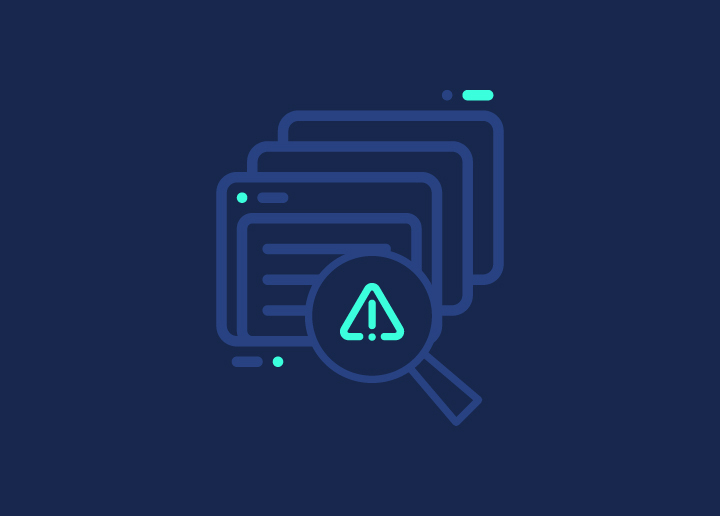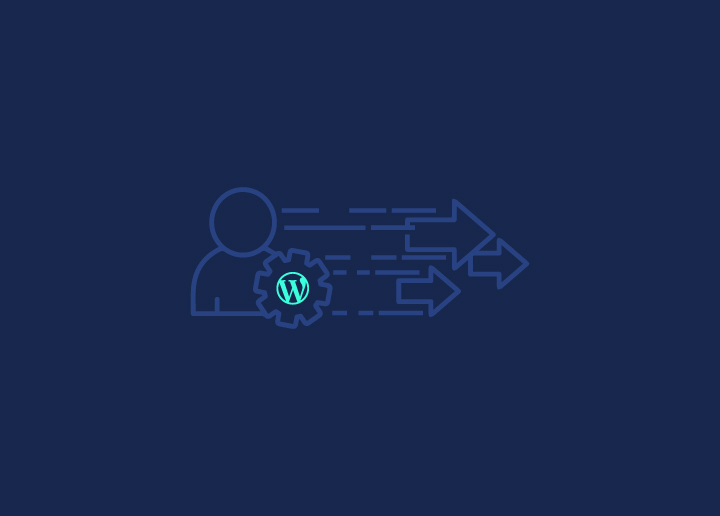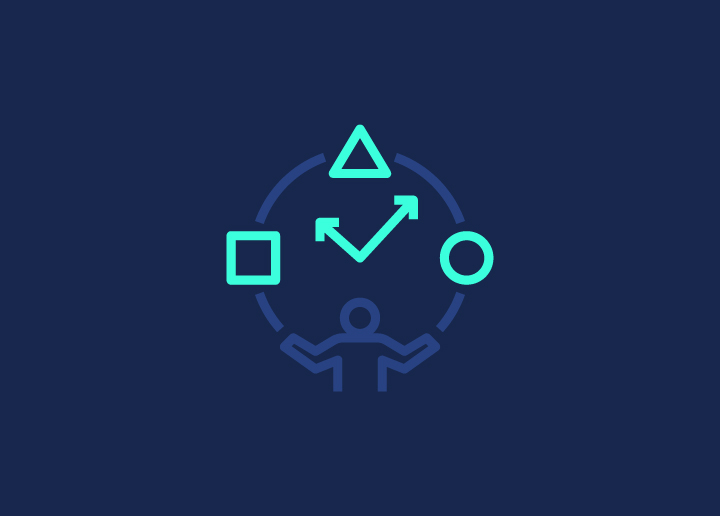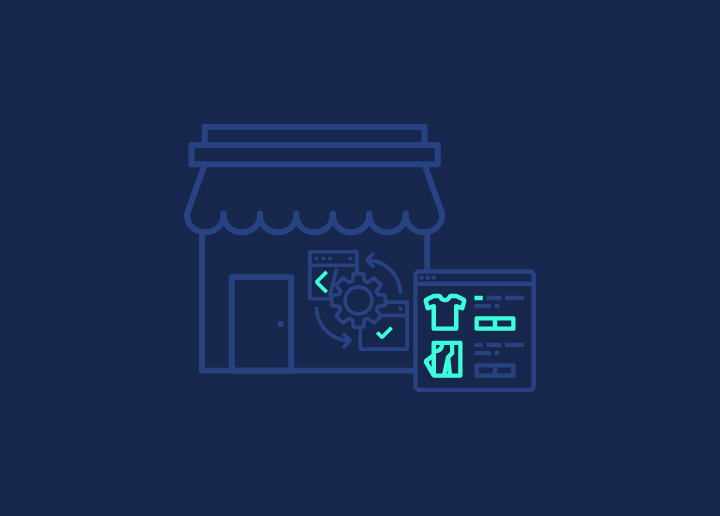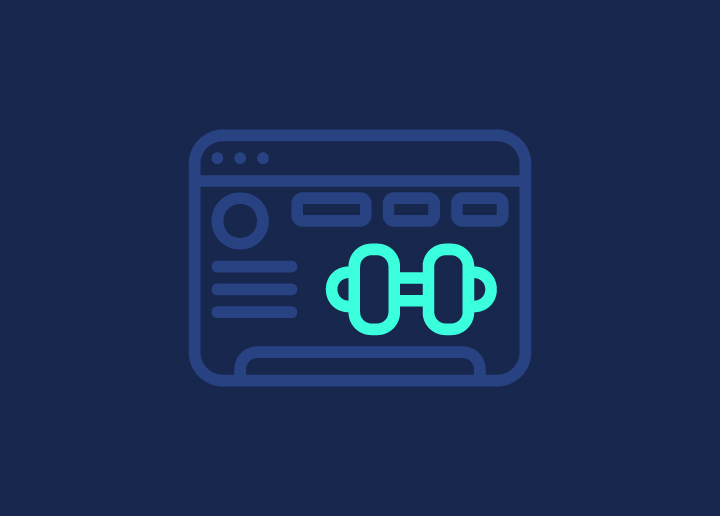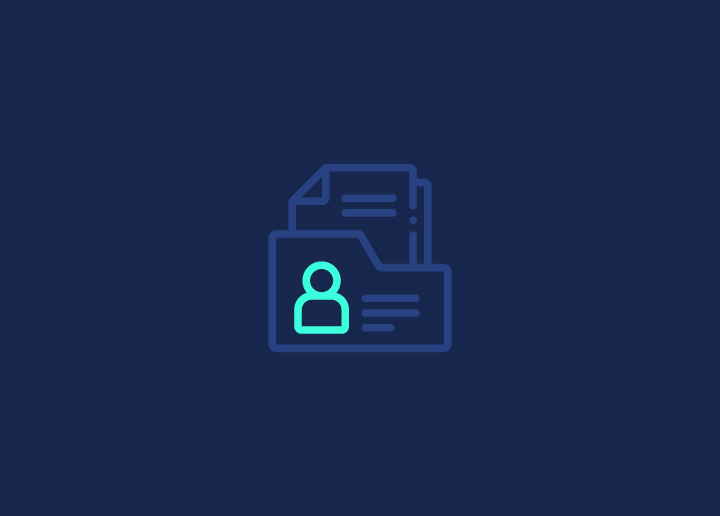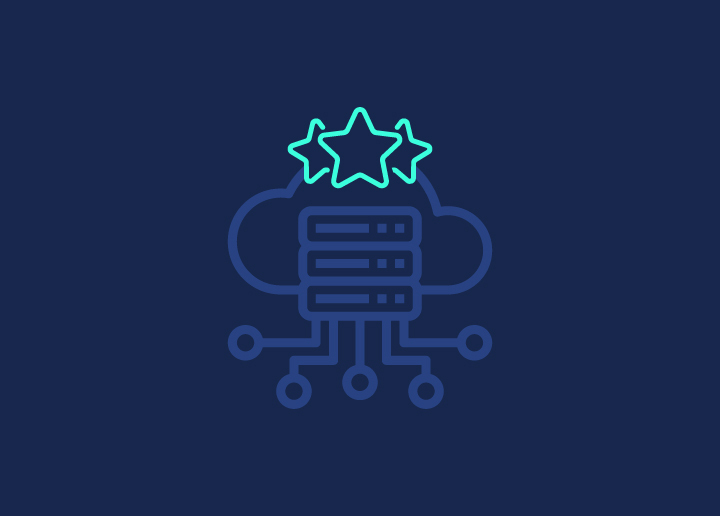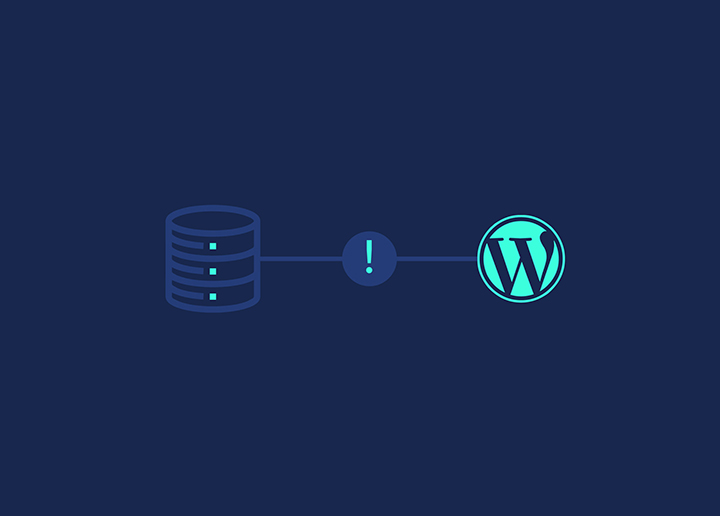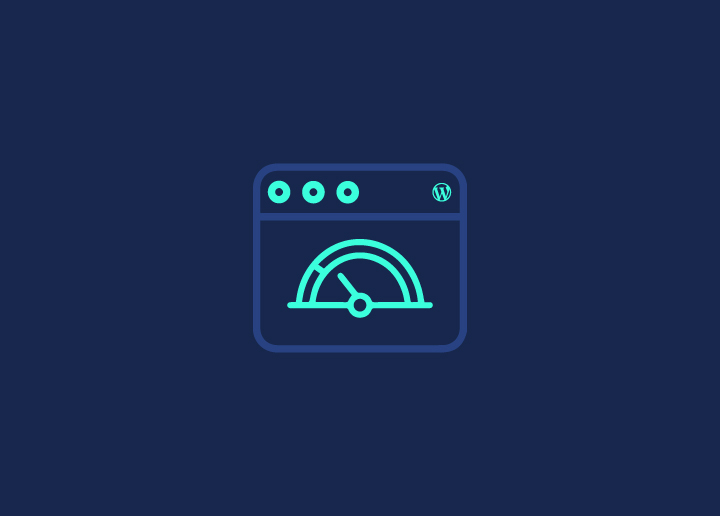Optimizing your WordPress website is crucial for ensuring optimal performance and user experience. Following best practices and implementing optimization techniques can enhance your website’s speed, responsiveness, and efficiency. This guide will explore various optimization factors and provide tips to help you optimize your WordPress site.
Performance Factors
Optimizing your WordPress website is crucial for ensuring optimal performance and user experience. Several factors contribute to the overall performance of your website, including hosting, WordPress configuration, and the size of graphics used. In this guide, we’ll explore these factors and provide optimization tips.
Hosting
The choice of hosting plays a significant role in website performance. Consider the following hosting options:
1.1 Shared Hosting:
This is a cost-effective option where multiple websites share resources on a single server. However, it may lead to slower performance during peak traffic periods.
1.2 Virtual Hosting and Dedicated Servers:
Virtual hosting provides dedicated resources to your website, improving performance. Dedicated servers offer even higher performance as you have complete control over server resources.
1.3 Number of Servers:
Websites hosted on multiple servers can handle higher traffic loads and distribute the workload effectively.
1.4 Hardware Performance:
Opt for hosting providers that use modern and high-performance hardware, such as solid-state drives (SSDs) and fast processors.
1.5 Geographical Distance:
Choose a hosting provider with servers closer to your target audience to reduce latency and improve response times.
1.6 Server Load:
Ensure that the hosting provider manages server load effectively, avoiding overloading servers that can impact performance.
1.7 Software Version & Performance:
Stay updated with the latest software versions, including the server’s operating system, web server software, PHP, and database server. Upgrading to newer versions often brings performance improvements.
WordPress Configuration
Optimizing your WordPress configuration can significantly improve performance. Consider the following tips:
- Use a lightweight and optimized theme:
Choose a well-coded theme designed for performance to reduce unnecessary overhead.
- Minimize installed plugins:
Only use essential plugins and choose ones that are well-maintained and optimized for performance.
- Enable caching:
Implement a caching mechanism to store static versions of your website and reduce server load.
- Optimize your database:
Regularly clean up your WordPress database by removing unnecessary data and optimizing database queries.
- Compress and optimize images:
Compress and optimize images to reduce their file size without compromising quality. Use tools or plugins to optimize images during the upload process automatically.
- Implement content delivery networks (CDNs):
CDNs help distribute your website’s static files across multiple servers worldwide, improving load times for users in different geographic locations.
Size of Graphics
Large graphics can significantly impact page load times. Optimize your graphics by:
- Compressing images:
Use image compression tools or plugins to reduce the file size of images without sacrificing quality.
- Choosing the proper image formats:
Use JPEG or WebP formats for photographs and PNG or SVG formats for graphics.
- Resizing images:
Resize images to the dimensions required by your website, avoiding unnecessarily large files.
How to improve performance in WordPress?
To start optimizing your WordPress website, consider the following:
Minimizing Plugins
Excessive use of plugins can slow down your site. Evaluate your installed plugins and remove any unnecessary ones. Keep only the essential plugins that add value to your site’s functionality.
Optimizing Content
Optimize your images and media files by compressing them without compromising quality. Use lazy loading to load images only when visible on the screen. Optimize your CSS and JavaScript files by minifying and combining them.
Upgrade Hardware
Consider upgrading your hosting hardware to improve performance. A more powerful server, increased RAM, and faster storage can significantly enhance your site’s loading speed and response times.
Optimize Software
Keep your WordPress software up-to-date to ensure you have the latest performance improvements and security patches. Regularly update your themes and plugins as well. Removing unused themes and plugins can also help optimize your site.
Caching
Implementing caching mechanisms can significantly improve the performance of your WordPress website. Consider the following caching options:
- Caching Plugins: Utilize caching plugins like W3 Total Cache or WP Super Cache to generate static HTML versions of your pages and serve them to visitors, reducing server load and improving response times.
- Server-side Caching: Enable server-side caching mechanisms like Opcode caching (e.g., APC or OPcache) or Memcached to cache PHP code and database queries, reducing the time it takes to generate dynamic content.
- Browser Caching: Leverage browser caching by setting appropriate cache headers for static files on your site. This allows visitors’ browsers to store files locally, reducing subsequent page load times.
- Persistent Object Cache: Enable a persistent object cache like Redis or Memcached to store frequently accessed data in memory, reducing the need for repeated database queries.
Content Offloading
Offloading certain types of content to external sources can improve performance. Consider the following techniques:
- Use a Content Delivery Network (CDN): Utilize a CDN like Cloudflare or MaxCDN to distribute your site’s static files to multiple servers worldwide, reducing latency and improving page load times.
- Serve Static Content: Offload static content such as images, videos, or documents to external storage services like Amazon S3 or a dedicated file hosting service, reducing the load on your server.
- Multiple Hostnames: Spread your site’s content across multiple subdomains or hostnames to increase parallel downloads and optimize content delivery.
- Feeds: Offload RSS feed generation to third-party services or plugins to reduce the load on your server.
Compression
Enable compression for your website files to reduce the size and improve transfer speeds. Use tools like Gzip to compress HTML, CSS, JavaScript, and other file types before sending them to visitors’ browsers.
Database Tuning
Optimize your WordPress database to improve performance. Regularly clean up unnecessary data, optimize database tables, and implement indexing for frequently queried fields.
Adding Servers
If your site experiences high traffic or resource-intensive operations, consider adding servers or utilizing cloud-based solutions to distribute the workload and improve performance.
Autoloaded Options
Review and optimize autoloaded options in your WordPress database. Reduce the number of autoloaded options by disabling unnecessary functionality or optimizing plugin settings.
By implementing these optimization techniques, you can significantly improve the performance of your WordPress website and provide visitors with a seamless browsing experience.
Conclusion
Optimizing your WordPress website is essential for achieving optimal performance. By considering factors such as hosting, WordPress configuration, and graphics size, you can enhance your website’s speed and user experience. Implement the recommended tips and techniques to optimize your WordPress site and ensure its success.


